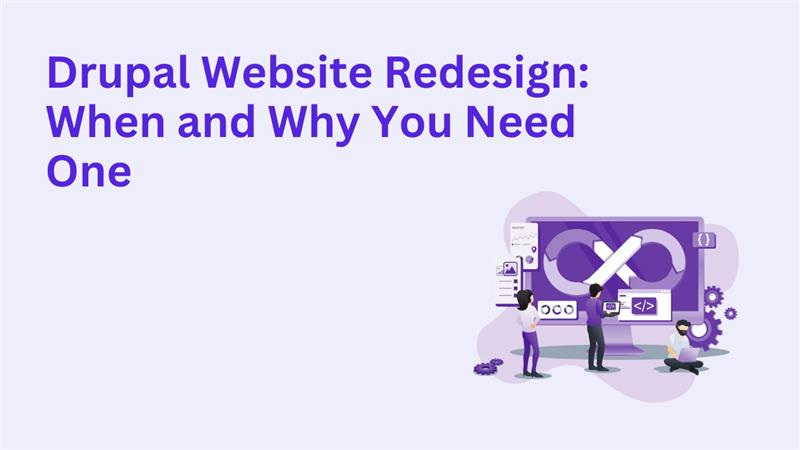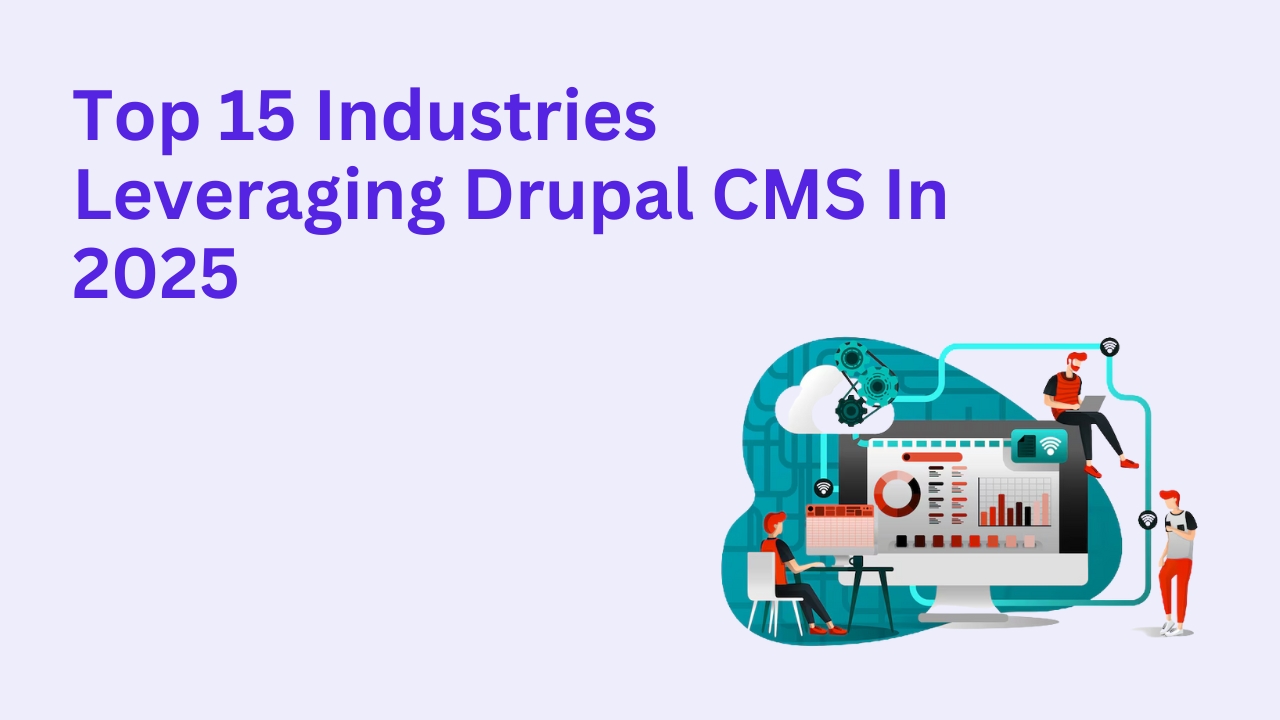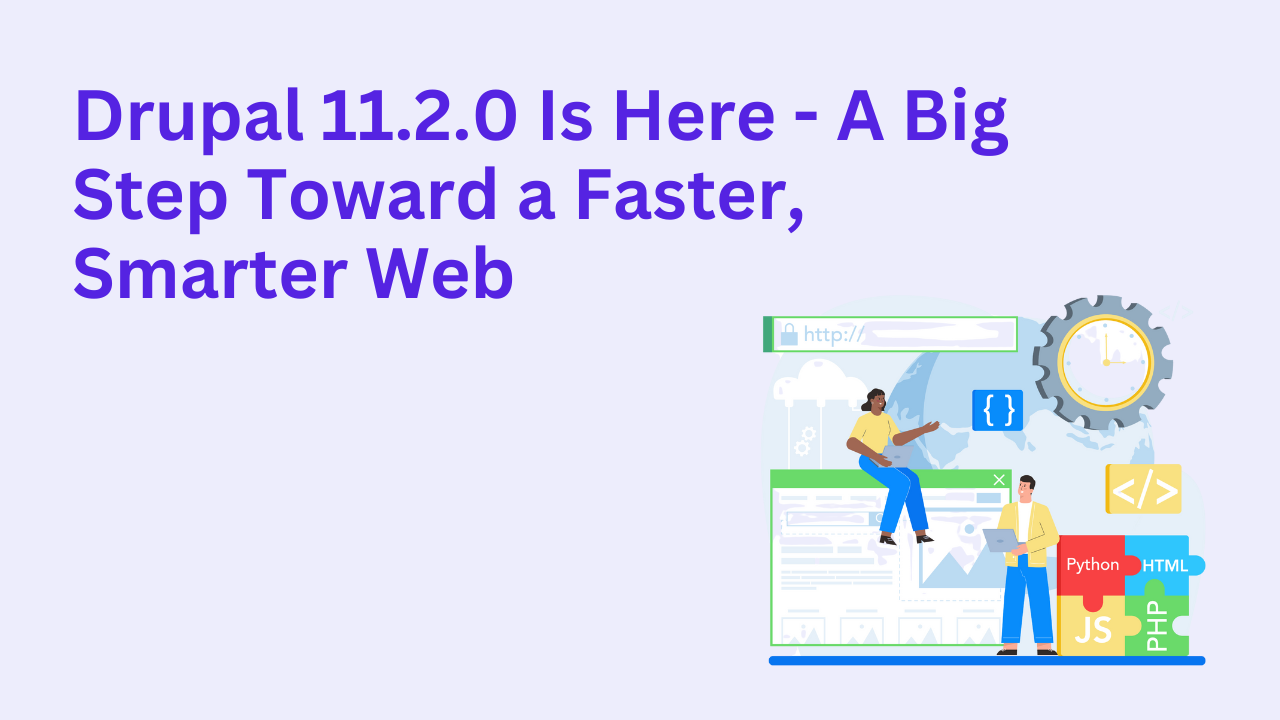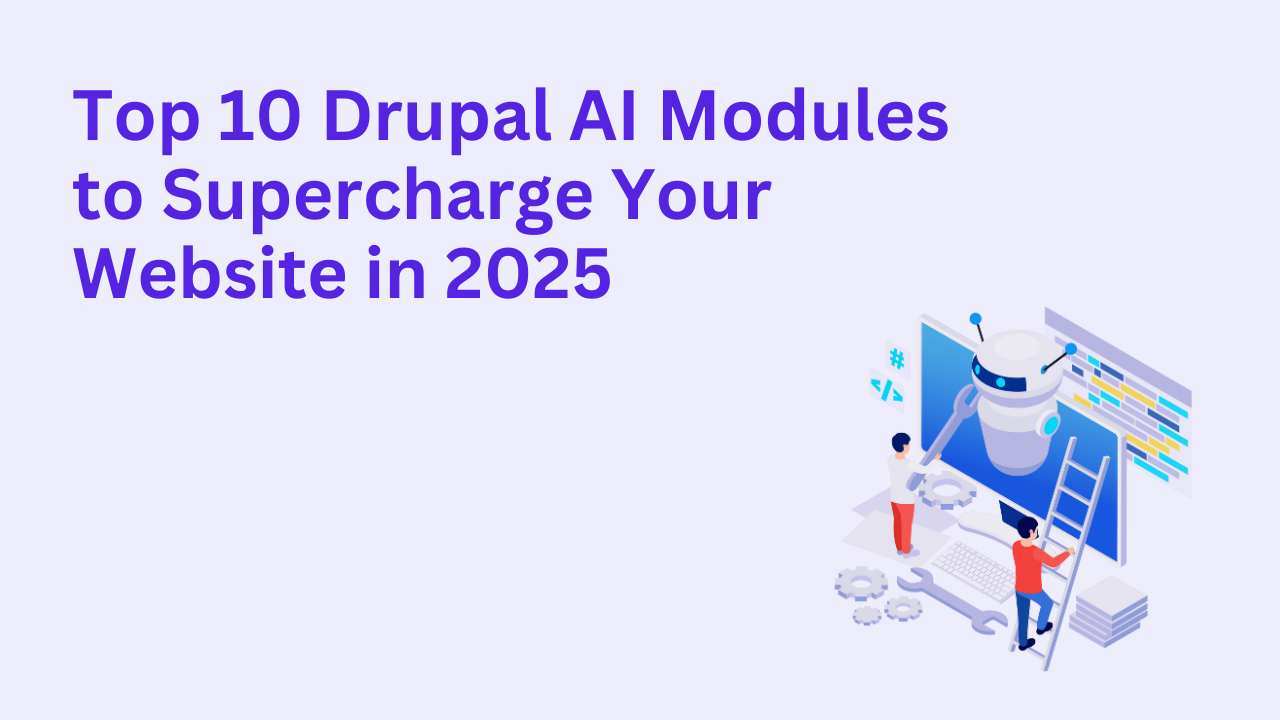Drupal Development Packages: Which One Is Right for You?
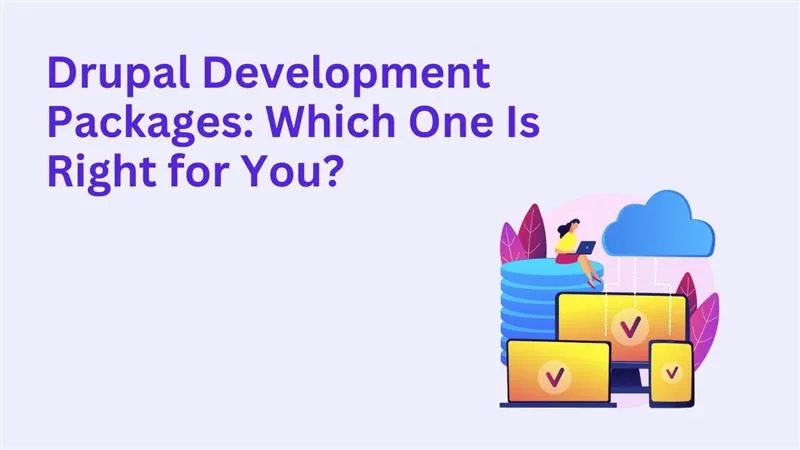
Drupal Development Packages: Which One Is Right for You?
Choosing a Drupal development package isn’t just about pricing or features—it’s about aligning your website investment with real business goals. Whether you're launching a new digital platform, improving an existing Drupal site, or planning for long-term growth, selecting the right package can help you avoid unnecessary costs, delays, and complexity.
In this guide, we break down the common types of Drupal development packages, how to evaluate them, and what factors to consider when choosing a solution that fits your specific needs.
Why Businesses Choose Drupal Development Packages
Drupal is known for flexibility and scalability, but those strengths come with complexity. Many businesses—especially startups, nonprofits, and mid-sized organizations—lack the in-house expertise to manage Drupal development themselves.
This is where service packages come in: instead of hiring multiple freelancers or building an internal team, businesses can access expert support in a structured, cost-effective way. The right Drupal development package ensures you get predictable delivery, technical guidance, and long-term stability.
Types of Drupal Development Packages
Not all Drupal packages are the same. Here’s an overview of the most common types offered by professional agencies.
1. Starter/Launch Package
Best for: Small businesses, startups, nonprofits, or organizations launching their first Drupal website.
This package typically includes:
Theme installation or lightweight custom design
Basic content setup
Essential modules (contact forms, SEO, caching, etc.)
Mobile responsiveness
Initial training or documentation
Performance optimization basics
When to choose this: If you’re looking to get a professional Drupal site online quickly with room to grow.
2. Custom Development Package
Best for: Businesses with specific functionality needs (e.g., integrations, custom content workflows, user roles, etc.)
This package often includes:
Custom module development
API integrations (CRM, payment gateways, marketing tools)
Advanced user permissions
Workflow automation
Tailored backend UX for content editors
Ongoing consultation and planning
When to choose this: If your business relies on unique business logic, integrations, or features that go beyond a basic setup.
3. E-commerce Package
Best for: Businesses selling products, subscriptions, or services online.
It typically includes:
Drupal Commerce or Ubercart setup
Payment gateway integration
Tax/shipping rule configuration
Product catalog management
Checkout flow customization
PCI-compliant security setup
When to choose this: If you need a secure, scalable online store integrated directly into your Drupal website.
4. Enterprise/Scalable Package
Best for: Medium to large businesses, government, and high-traffic platforms.
Includes:
Multi-site or multilingual setup
High availability architecture
Performance scaling (Varnish, CDN, Redis)
DevOps setup with CI/CD
Complex data migrations
Advanced security and compliance
Dedicated technical account management
When to choose this: If performance, scalability, and integration with large systems are core requirements.
5. Ongoing Support & Maintenance Package
Best for: Anyone with an existing Drupal site needing continuous improvements, security patches, or performance tuning.
Includes:
Core and module updates
Security monitoring
Bug fixes and performance audits
Feature enhancements
Monthly reporting
Dedicated developer hours
When to choose this: If you want peace of mind post-launch and regular improvements without needing a full-time developer.
Explore how we support ongoing projects with our Drupal 10 development services.
How to Choose the Right Package for Your Business
Selecting the best Drupal development package involves more than comparing features. You’ll want to evaluate based on your goals, budget, and team capabilities.
Define Your Goals Clearly
Are you launching a new site, rebuilding from scratch, improving performance, or adding features? Your answer should drive your decision. If you're not clear, consider starting with a discovery or consulting phase.
Assess Your Technical Readiness
Do you have internal developers or technical staff? If not, choosing a package that includes long-term support, documentation, and training is vital.
Set a Realistic Budget
Custom development can be powerful, but it also comes with added costs. If your budget is limited, a starter or modular approach may work better—with the option to scale later.
Understand Scope and Timeframe
Some packages are fixed-scope and quick to deliver; others require deep collaboration and multiple iterations. Make sure the timeline aligns with your marketing plans or product launch dates.
Questions to Ask Before You Commit
Before signing on with any Drupal development package provider, ask:
What’s included (and what’s not)?
Are third-party tools/licenses extra?
Is post-launch support included?
What’s your approach to upgrades and scalability?
Who owns the code and IP?
Can you provide case studies or references?
Why Work with Drupalify?
At Drupalify, we believe your Drupal development package should be more than a service—it should be a strategic partnership.
We offer tailored packages that match real business needs, not cookie-cutter solutions. Whether you need a launch-ready website, complex custom development, or continuous maintenance, we provide:
Transparent pricing
Agile and flexible delivery
Proven security and performance standards
Drupal-certified developers
Long-term roadmap planning
Our goal is simple: help you get more value from your Drupal investment at every stage.
Final Thoughts
Choosing the right Drupal development package isn’t just a technical decision—it’s a business one. Whether you’re building, scaling, or maintaining your site, the right package helps reduce risk, save time, and drive better outcomes.
Not sure which one fits you best? Let’s talk about your project and we’ll help match you with a solution built around your goals.


